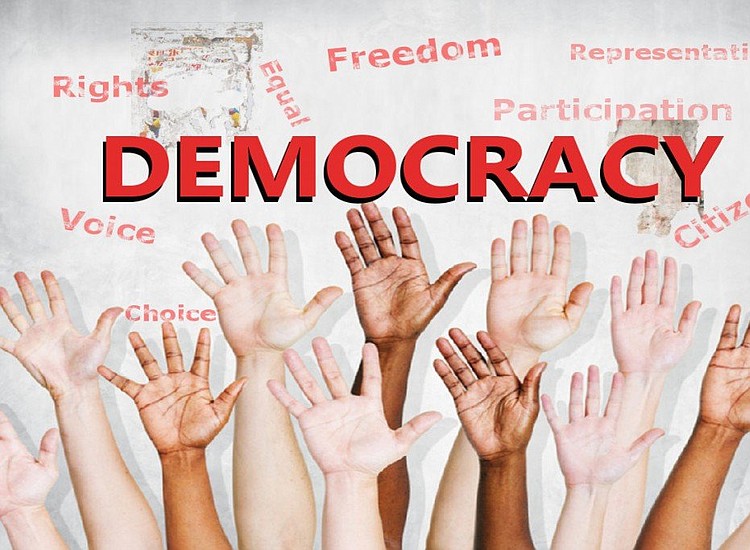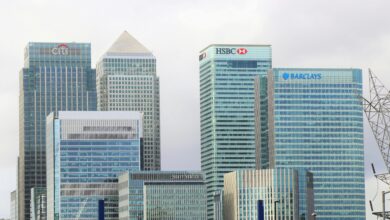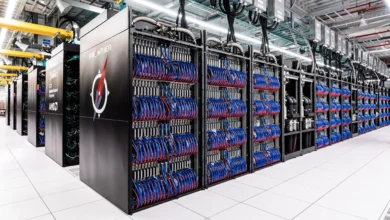
Why is it so important?
According to the fine fellows at Lincoln.edu:
The First Amendment to the U.S. Constitution, says that “Congress shall make no law….abridging (limiting) the freedom of speech, or of the press…” Freedom of speech is the liberty to speak openly without fear of government restraint. It is closely linked to freedom of the press because this freedom includes both the right to speak and the right to be heard. In the United States, both the freedom of speech and freedom of press are commonly called freedom of expression.
Lincoln.edu
Going back to my original question is important because every individual within society is intricately tied to the government. In a democracy (small d), the people elect their representatives from their home districts. The reps elected to go to Congress in D.C. and represent your affairs. They are the servants of the people. Voters elect them to manage government affairs. We certainly wouldn’t want these elected reps to rule over you, would we?
The next point of this debate is crucial:
Free speech is an indispensable tool of self-governance in a democratic society. It enables people to obtain information from a diversity of sources, make decisions, and communicate those decisions to the government.
Lincoln.edu
In 1949, the great physicist, Albert Einstein, while here in the USA to end WWII with the atom bomb, told the leaders and the American people in the Monthly Review that we were an oligarchy. Before we move on, reflect on the points made thus far.
This one-person genius came to the USA from Germany to end World War II. While here, he made a discovery which he felt needed to be put forth. His brilliant mind shared this with the Monthly Review:
Private capital tends to become concentrated in few hands, partly because of competition among the capitalists, and partly because technological development and the increasing division of labor encourage the formation of larger units of production at the expense of smaller ones. The result of these developments is an oligarchy of private capital the enormous power of which cannot be effectively checked even by a democratically organized political society. This is true since the members of legislative bodies are selected by political parties, largely financed or otherwise influenced by private capitalists who, for all practical purposes, separate the electorate from the legislature. The consequence is that the representatives of the people do not in fact sufficiently protect the interests of the underprivileged sections of the population. Moreover, under existing conditions, private capitalists inevitably control, directly or indirectly, the main sources of information (press, radio, education). It is thus extremely difficult, and indeed in most cases quite impossible, for the individual citizen to come to objective conclusions and to make intelligent use of his political rights.
https://monthlyreview.org/2009/05/01/why-socialism/
Let me repeat, in 1949 (Einstein, a pacifist Jew, who emigrated to the USA in December 1932), like any good scientist would do; saw a problem with our society [the USA was no longer a democracy (small d)]; proposed a solution, and was ignored.
I’ve been publishing my observations on this site since 2011; including many references to Einstein’s 1949 dictum, with the strongest arguments against his dictum being, “Einstein was a great physicist but knew nothing about government.”
When you stop and look at it, it’s truly amazing. The greatest mind in the universe arrives at your doorstep, tells you that you no longer have the democracy the Founders created on July 4th, 1776, and then provides you with the solution. You would think, at this point, our leaders, including President Harry S. Truman, would give the pacifist Jew some consideration. Harry never even met Albert Einstein.
I ask, evil or ignorant?






